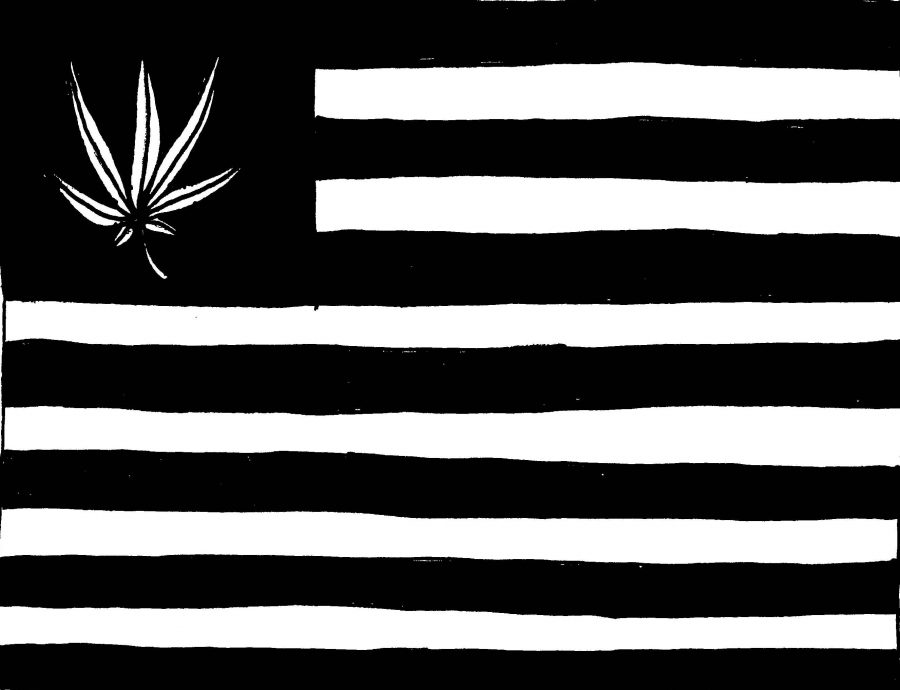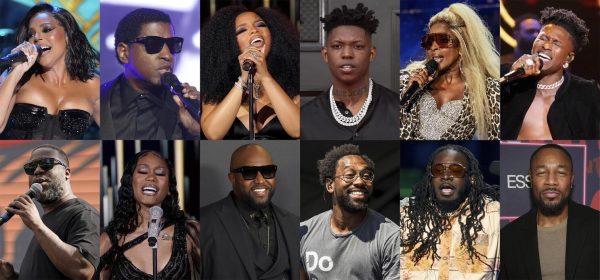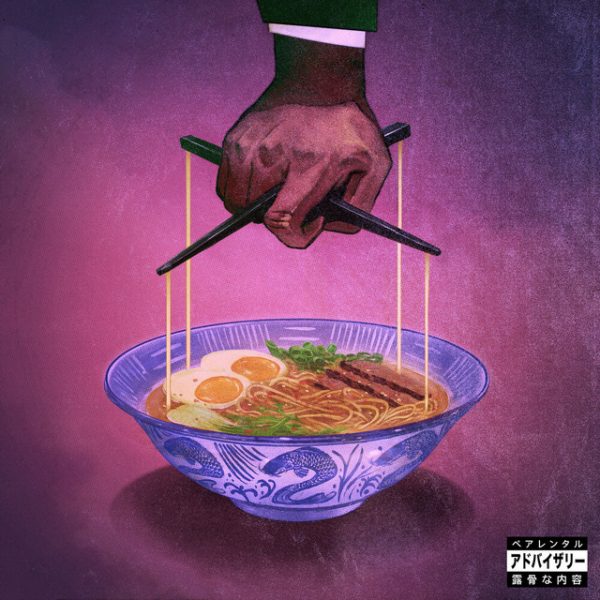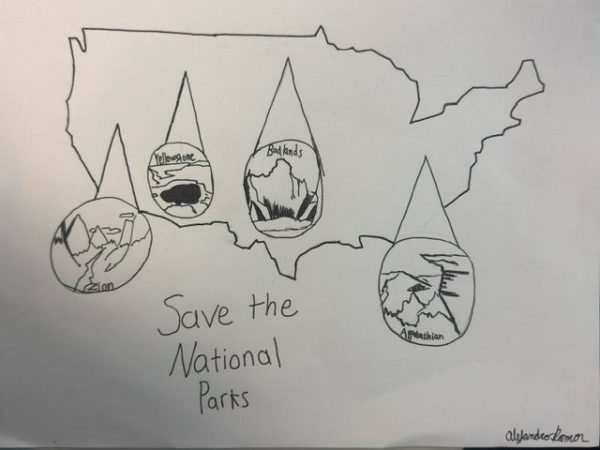It’s time for 420 in all 50
Weed should be legal.
That said, I’d like to take the argument for nationwide legalization of recreational use of marijuana to a more rational and objective level. I’ll start by introducing a different drug, one that I’m sure many of my readers have encountered: booze.
Alcohol has been present in our country since its founding, and any government attempts to prohibit it (i.e. 1920-1933) have failed rather miserably. The infallible persistence of legalized alcohol despite its obvious detriments defies logic.
According to the National Institute on Alcohol Abuse and Alcoholism, alcohol is the fourth highest preventable cause of death in the United States, leading to almost 90,000 deaths each year in our country alone.
I do not believe that alcohol should be outlawed, nor do I believe it ever could be. However, when a legal, clearly detrimental substance like alcohol is compared to an illegal drug like marijuana, the logic behind the marijuana laws begins to crumble.
Experts disagree on the number of marijuana related deaths per year, but most sources say it’s much below those caused by alcohol. Furthermore, it is impossible to fatally overdose on weed.
Despite the science that rationalized use of the drug, counterarguments persist.
One of the stronger arguments against weed legalization is that it is believed to be a gateway drug. Users are buying the drug illicitly, therefore gaining exposure to people with connections to other, harsher drugs.
If marijuana were legal, people would be buying it from safe, controlled dispensaries. In a way, by making marijuana legal, users could actually be more shielded from the world of hard drugs.
The implications of the drug’s illegality extend beyond disputed health benefits and detriments.
Marijuana is supposedly equally used by blacks and whites. Despite this, African Americans are almost four times more likely to be arrested because of it, according to the American Civil Liberties Union.
Think about that for a second. There are people in this country who believe that institutionalized racism has been entirely eradicated. Marijuana illegality is one of many flaws in our system that perpetuates unfairness and racism. I could harangue further about the flaws in our law enforcement system, but I digress.
There are a few states where the recreational use of marijuana is legal. While only seven states and the District of Columbia have legalized recreational use of the drug, 25 states and the District of Columbia allow its use in some form. This election, California, Maine, Massachusetts and Nevada joined the collection of states allowing recreational use of weed.
Colorado was one of the first to legalize, and it has experienced incredible economic benefits from it; in fact, the state had greater tax revenues from marijuana than alcohol in 2014.
The truth of the matter is that weed is accessible in all 50 states, not just Colorado and the six other states where its recreational use is legal.
In Illinois, possession of marijuana is at the very least a civil violation; at most, it’s a felony. Possession of marijuana is also laughably feasible.
If this market is so obstinate, then why doesn’t our government take advantage of it? I’m sure Illinois could use an extra $70 million in tax revenues.
The criminalization of marijuana has contributed to its negative connotation, but my argument isn’t radical. I’m not endorsing underage smoking, nor am I recommending driving under the influence of any drug. I’m simply advocating the example already set by seven of our states for the benefit of our economy and society.






